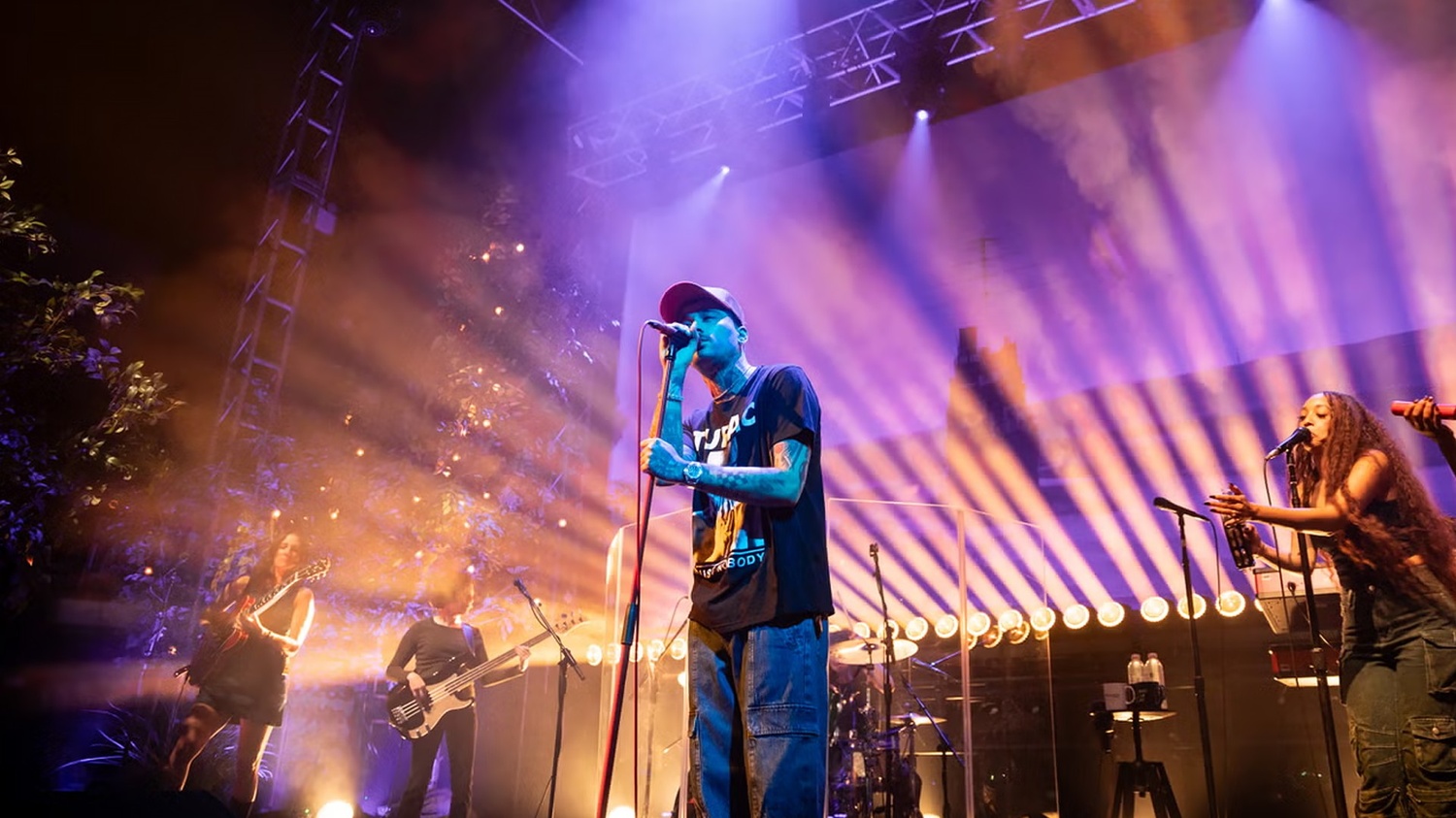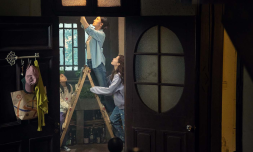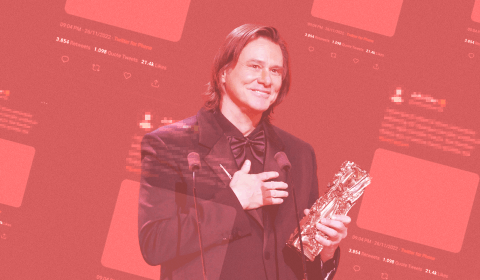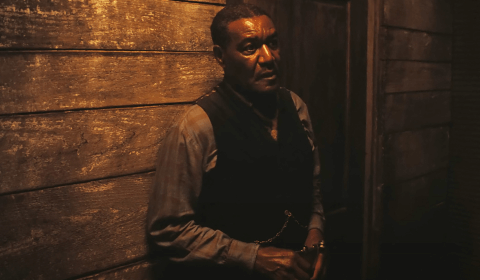The singer has been praised for spotlighting the seven-women brand supporting on his latest tour.
Zayn Malik’s decision to tour with a seven-woman band had people talking, and for good reason.
While male-dominated lineups are the default in the music industry, this ensemble – featuring Molly Miller on guitar, Baby Bulldog on drums, and Tina Hizon on keys – breaks the mold. The question is why it’s still a rarity.
The music industry has long sidelined women as instrumentalists, relegating them to backing vocals or token appearances in genres where male bands dominate festival slots and radio playlists.
All-female bands aren’t just underrepresented; they’re often dismissed as novelties. By putting his band front and center, Zayn is forcing us to confront how deeply entrenched this imbalance really is.
But it shouldn’t take the actions of a male artist to make us pause for thought. Acts like HAIM, The Linda Lindas, and Meet Me @ The Altar have shown that women can carry the same rock swagger or genre-bending versatility as their male peers.
Despite their success, the industry continues to favour male performers. Festivals keep booking the same five all-male headliners on rotation, and labels keep pushing narratives that girl bands are either unsellable or niche.
Even icons like Beyoncé and Taylor Swift, who wield enormous influence, don’t often challenge this status quo when curating their live lineups.
View this post on Instagram
Zayn’s choice also underlines another crucial point: women in music are held to a higher standard. His band isn’t just female; it’s made up of top-tier talent.
Ryan Madora on bass is an in-demand session player; Molly Miller’s guitar work is highly respected. It’s proof, if anyone still needs it, that women musicians are everywhere. The issue isn’t talent. It’s access.
A study by the USC Annenberg Inclusion Initiative found that women make up only 21.6% of artists, 12.7% of songwriters, and a minuscule 2.8% of producers in the industry.
Girl bands are an even smaller subset, despite decades of fans flocking to acts like The Runaways, Destiny’s Child, and The Bangles. Meanwhile, male bands get celebrated simply for existing, whether it’s boy bands from the ‘90s or indie rock outfits today.
What makes Zayn’s move significant is the spotlight it creates. Unlike an indie act struggling to get attention, his band toured sold-out arenas and will continue to do so.
Visibility matters, and so does influence. For Zayn’s fanbase – many of whom are young women – seeing this lineup could shift their expectations for who belongs in a band.
Representation shapes aspirations. If all-female bands remain anomalies, it sends the message that women are supplementary in music, not central to it.
View this post on Instagram
Zayn’s band are a counterweight to this narrative, showing that women can, and should, dominate every aspect of music creation and performance.
Other major artists like Olivia Rodrigo and Chappell Roan have also been spotlighting all-women bands at their live shows. Rodrigo has consistently played with all-women musicians since her very first album and tour, telling reporters ‘It think it’s so cool to watch women in rock, and I feel like there’s probably not enough of that shown in the media.’
Audiences have been quick to point out that the widespread praise artists receive for supporting female musicians should not be celebrated as an outstanding act of progression, when it really represents the ‘bare minimum’.
It’s interesting to note that it’s ZAYN, a prominent male artist, who received widespread media coverage for the fact, and not the actions of women like Roan and Rodrigo who have been leveraging women bands since the beginning of their careers.
Of course, representation is just one step. For real change, the industry needs to address structural barriers: unequal pay, lack of mentorship for women in technical roles, and gendered stereotypes that pigeonhole women into specific genres.
Zayn’s band is important – but it shouldn’t be. It’s a reminder of how far we still have to go.
We need to keep celebrating the women who prove the music world is bigger – and better – than the boys’ club it’s long established itself as.

















